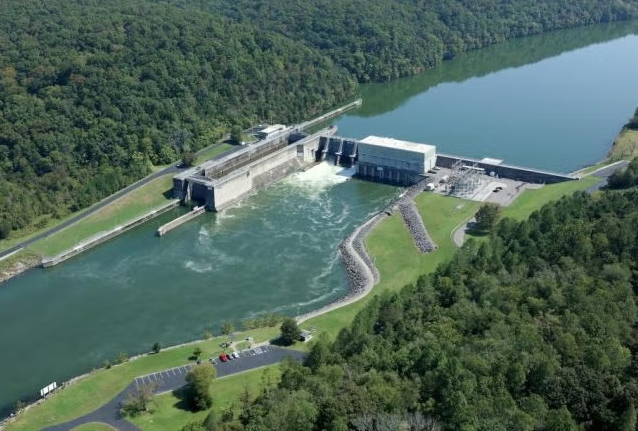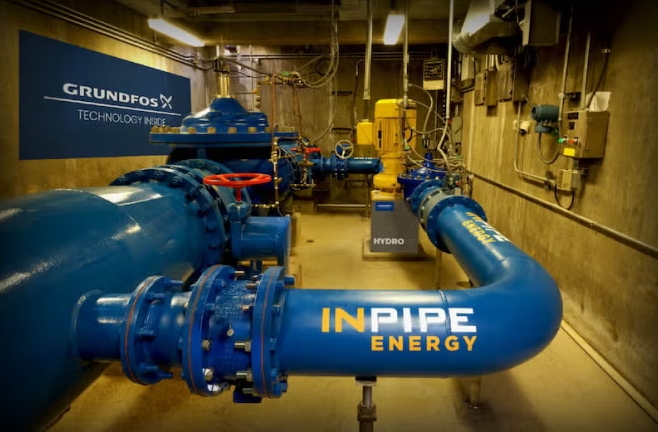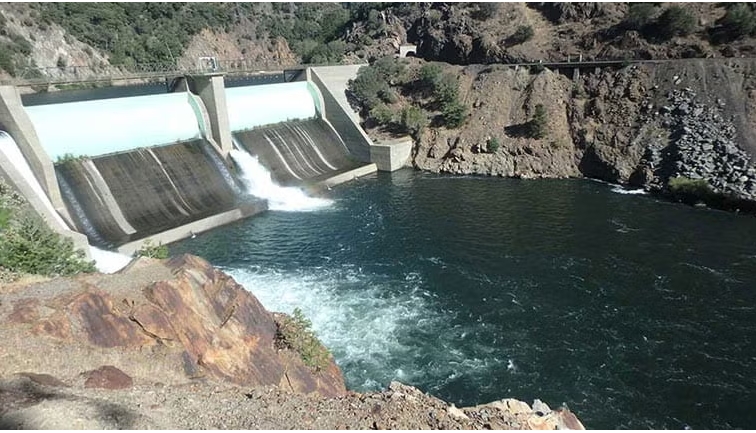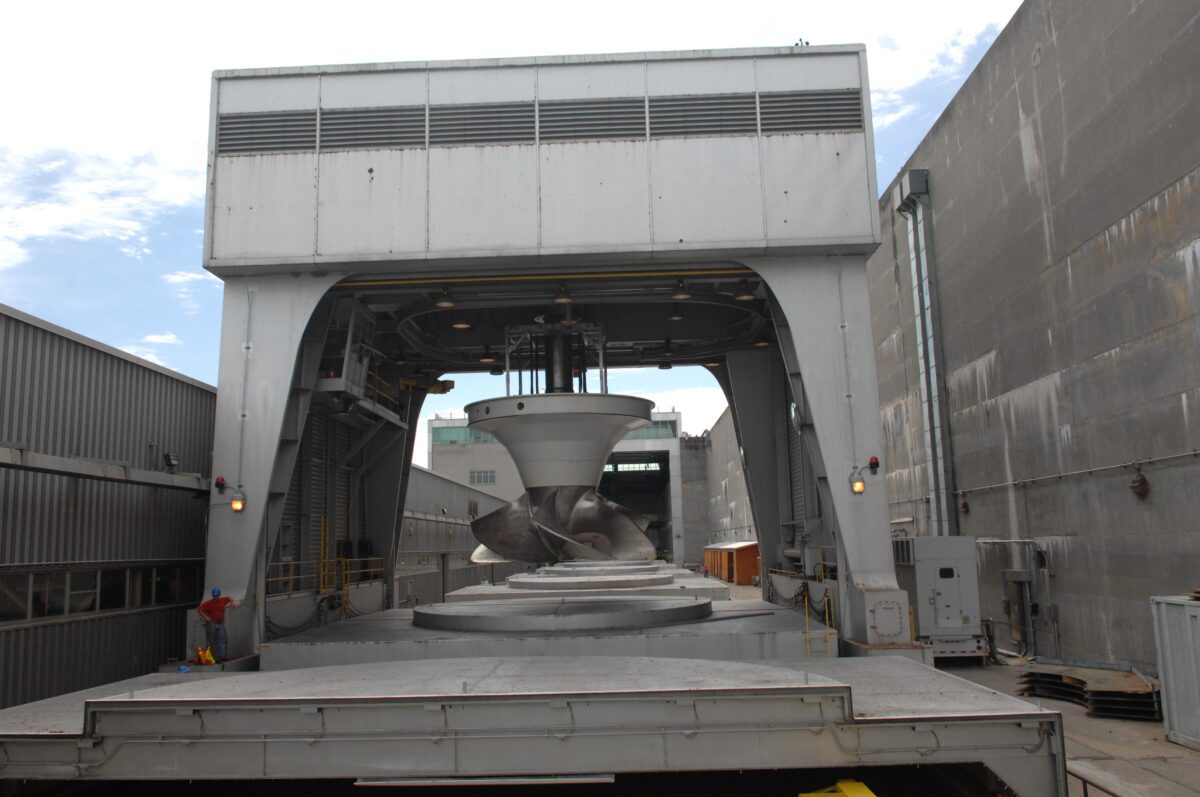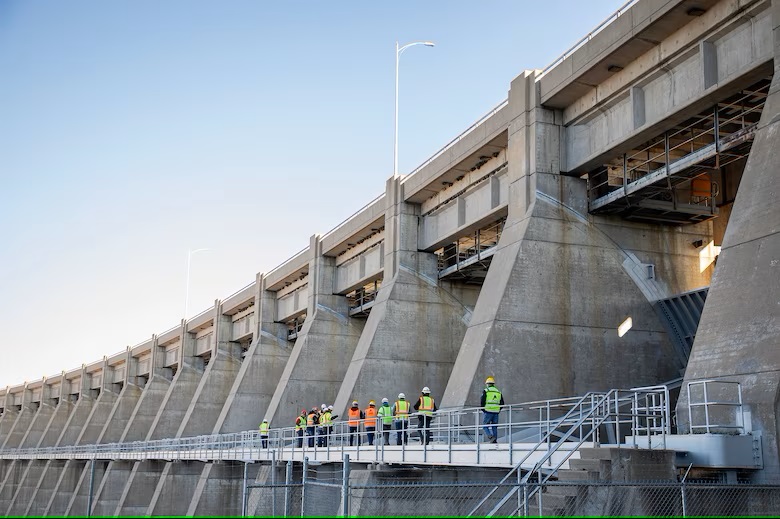Significant earnings boost from drop in raw material prices to begin in 2H20
We maintain a Buy rating and TP of W26,000 on KEPCO. Believing that the full effects of falling raw material prices (especially coal prices) have yet to be felt, we expect to see further cost decreases from declining coal prices in 2Q20 and LNG prices in 3Q20. With this in mind, we forecast 2Q20 OP of -W0.5tn (RR y-y) and 2H20 OP of W2.6tn (TTP y-y).
Negatively impacted by higher-than-expected coal prices
On a consolidated basis, KEPCO logged 1Q20 sales of W15.1tn (-1.0% y-y) and OP of W430.6bn (TTP y-y), with OP falling short of our estimate. Both sales volume and costs were in line with our forecasts, but coal prices exceeded our expectation, resulting in an additional W400bn in fuel costs. For reference, the average coal input price for 1Q20 was W135,000/ton, which is 6% higher than our prediction. KEPCO explained that this was due to a 4mn-ton decline in coal consumption compared to the previous year, a limited drop in international prices, and an increase in forex rates. That said, we point out that when the SMP was determined in April and May, the unit generation price for coal-fueled power was in the mid-W50/kWh-range, which suggests that the effects of falling coal prices are being greater reflected in 2Q20. Of note, in 3Q19 when coal prices were similar to current levels, bituminous coal represented about 20% of 3Q19 SMP composition and its average SMP was around W60/kWh.
Reformation of electricity rate system key to future investment
Efforts are underway to convert to renewable energy supplies and reduce greenhouse gas emissions, as can be seen with both the 9th Basic Plan for Power Supply and Demand and the Green New Deal. Large-scale investment by KEPCO is needed to create related industrial ecosystems. However, as its financial structure is heavily influenced by raw material prices and forex rates, it will be difficult for the company to make stable investments for the future. With this in mind, we believe that it will be key for the government to reform the basic electricity rate system, rather than simply hike electricity rates.
